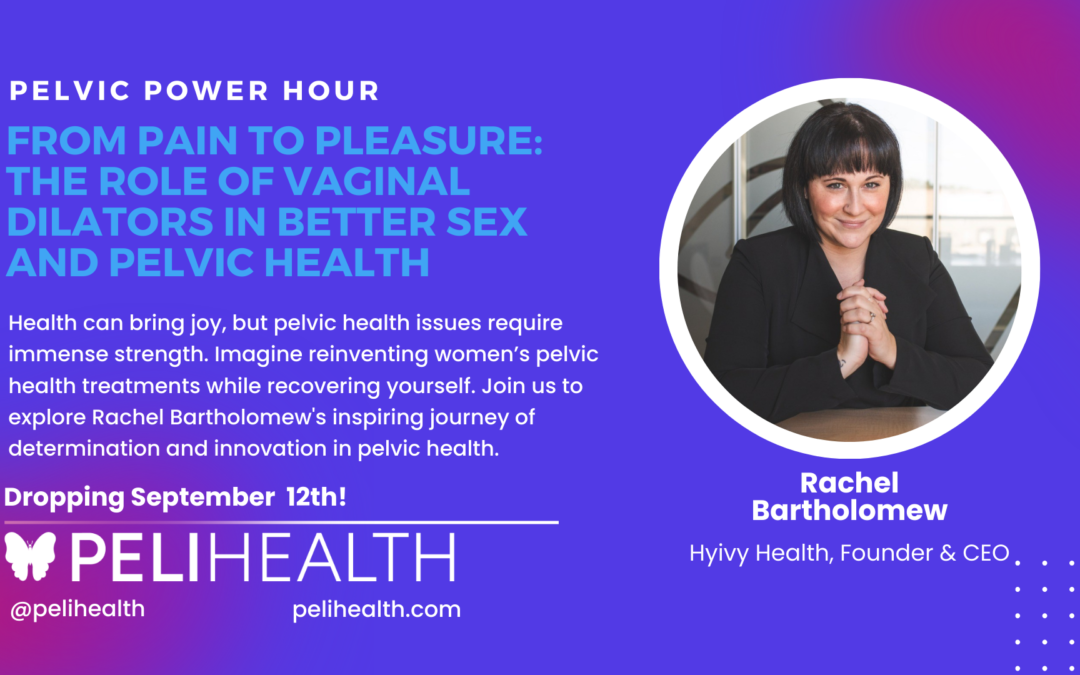Women make up roughly half of the world’s population, but for too long, they’ve been sidelined in sectors that directly impact their lives: medical research, STEM fields, and health care. The ramifications of systemic gender bias are far-reaching, resulting in delayed diagnoses, inadequate treatments, overlooked health concerns, underserved markets, and a lack of support in the workforce.The situation is even more dire for women of color, who grapple with pronounced disparities in health care access and quality, worsening the landscape of health inequities.
The 1960s and 1970s marked the beginning of a paradigm shift. This shift successfully cast a spotlight on women’s health issues, sparking increased advocacy and research. However, despite the progress made, the journey is far from over. Substantial gaps persist in our understanding and support of women’s health, as evidenced by insufficient research, a dearth of accurate health data, lack of funding, inadequate care, and insufficient employer support. It’s time to explore and outline a path toward a more equitable future.
THE OVERLOOKED EXPANSE OF WOMEN’S HEALTH
Despite the emphasis on reproductive health, many women’s health issues have been overshadowed: cardiovascular disease, pelvic floor dysfunction, PCOS, dementia, osteoporosis, cancer, and other conditions.
Since 1987, more women have been diagnosed with lung cancer than breast cancer. Even more striking, heart disease remains the top silent killer of women. This limited focus has real-world repercussions and misses critical years where educational and preventative measures could have rippling effects for our society and economy. Menopausal symptoms alone have driven almost 900,000 U.K. women from their jobs, with three out of five women stating these health concerns hinder their work performance, according to a 2019 survey.
But the fallout extends beyond career disruption.
Read the article in full by our co-founder Kerstin, as featured in Fast Company here


